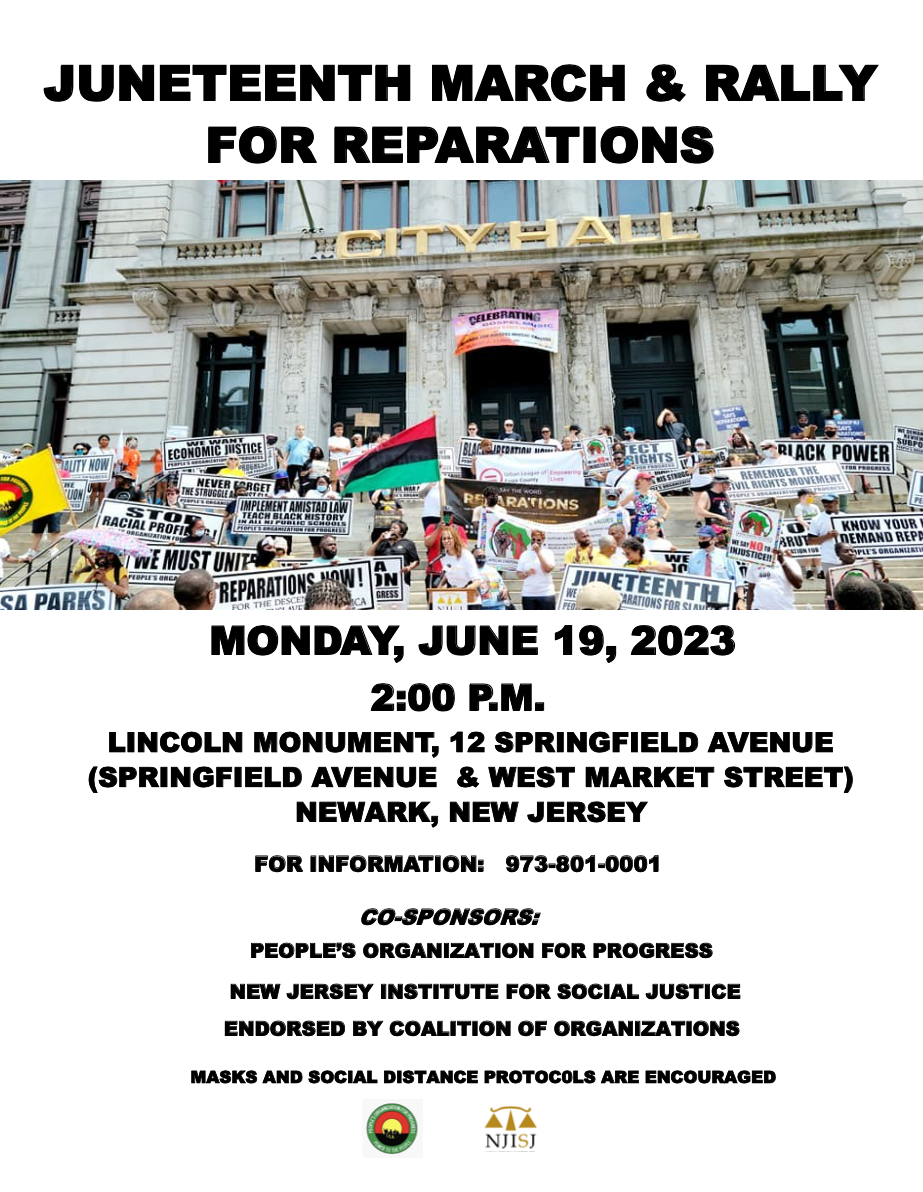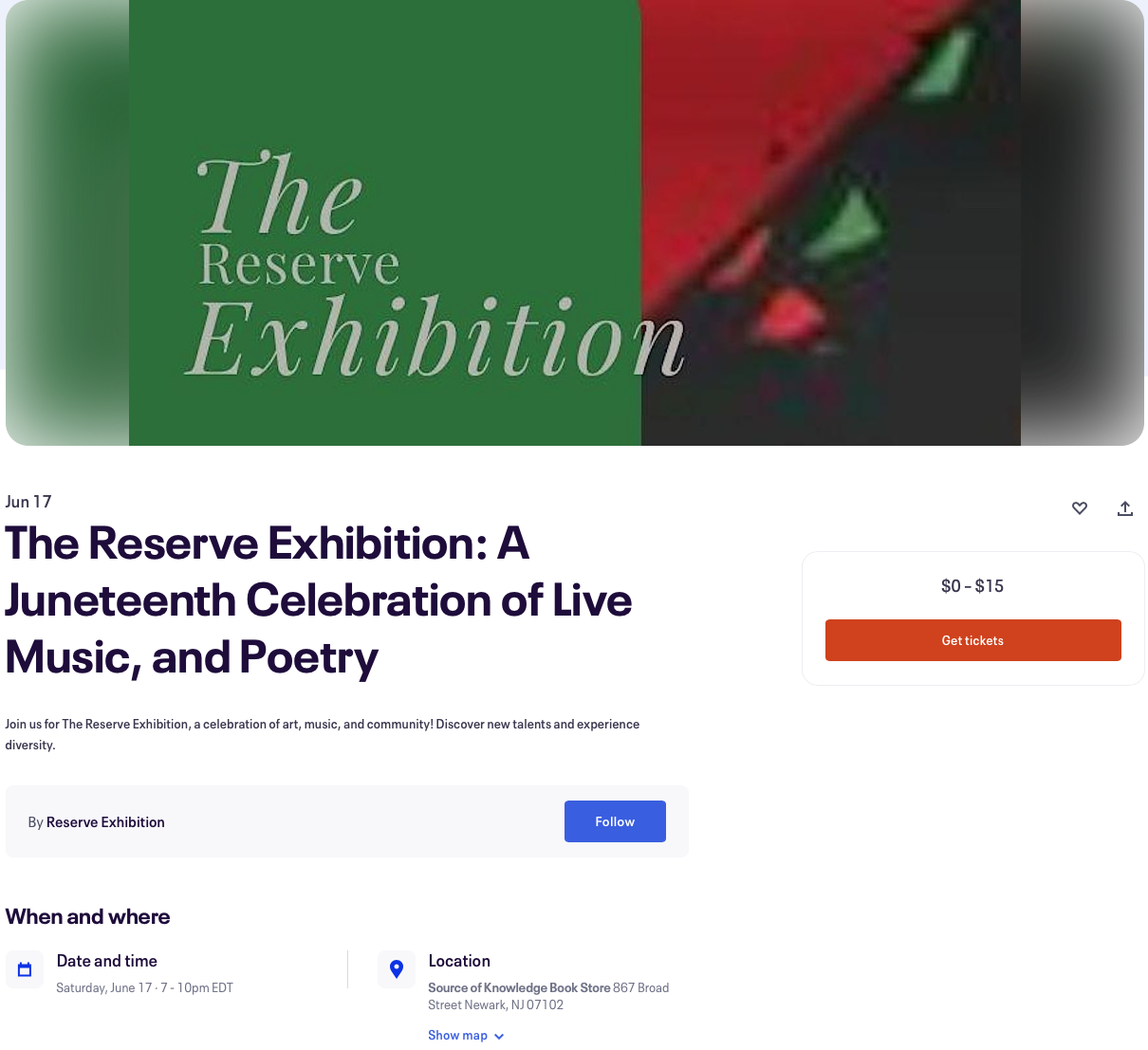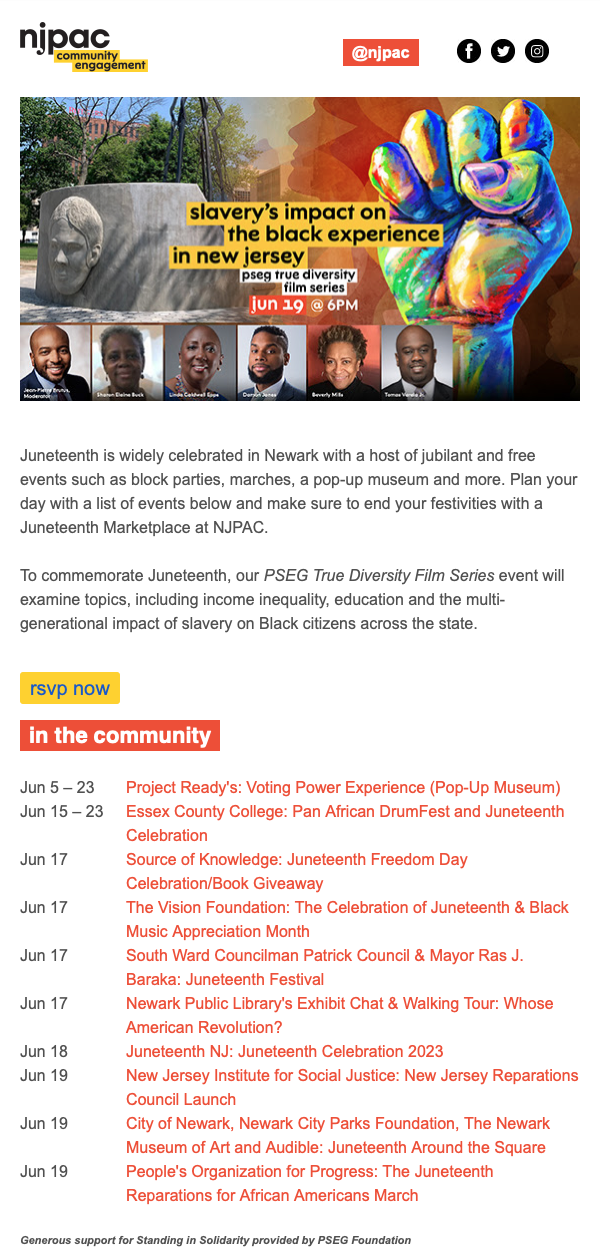Juneteenth reminds us that the struggle continues
General Orders, No. 3. U.S. House, 54th Congress, 1st Session (H. Doc. 369, Part 2). “General Order Number 3,” 1896. U.S. Documents Collection. Y 1.1/2: SERIAL 3437
For many, commemorative holidays have been reduced to another day off or a means to host a barbecue or ravage a sale. Yet, they all came at a human cost.
Juneteenth is one such noble day that represents more than just the end of the enslavement of Africans in America, but reminds everyone of a political moment that lives vividly in today’s contemporary space. It is also referred to as "Freedom Day" or "African American Emancipation Day."
It would take more than two years after the Emancipation Proclamation for official word of the end of slavery to reach Galveston, Texas. “The people of Texas are informed that, in accordance with a proclamation from the Executive of the United States, all slaves are free. This involves an absolute equality of personal rights and rights of property between former masters and slaves, and the connection heretofore existing between them becomes that between employer and hired labor. The freedmen are advised to remain quietly at their present homes and work for wages. They are informed that they will not be allowed to collect at military posts and that they will not be supported in idleness either there or elsewhere." General Order Number 3, June 19, 1865
Celebrations by the freed men and women followed, and since then, the date has been observed primarily by Black people across the United States and beyond. It is marked by celebrations, reflections, educational forums, and more, but according to Juneteenth.com, it is a time for "assessment, self-improvement, and planning for the future."
Over the past 150 years, Black Americans have endured massacres of post-Reconstruction, lynchings of Jim Crow in the early twentieth century, mass incarceration of post-mid-twentieth century, and the escalation of police murders and surveillance in the past few decades.
In 2021, President Biden signed legislation making the date a federal holiday. The call for the national recognition of the date was a long time coming. Still, it was after the protests over the killings of Black Americans George Floyd and Breonna Taylor that the legislation gained momentum. Texas has recognized it as a holiday since 1980.
The legacy of Juneteenth finds manifestation in myriad ways that continue the struggle to end white supremacy and the fight for freedom. Today’s activists are leading the contemporary fight for freedom,equality and justice on many fronts, including the demand for reparations, an end to police killings of Black men and women, and the release of political prisoners.
As Juneteenth 2023 nears, numerous events will honor the legacy and meaning of the day and call for Americans to reflect on its history, as well as to foster conversation and educate others on the issues today and how everyone can be involved in the solution. See below for some upcoming events in Newark:








